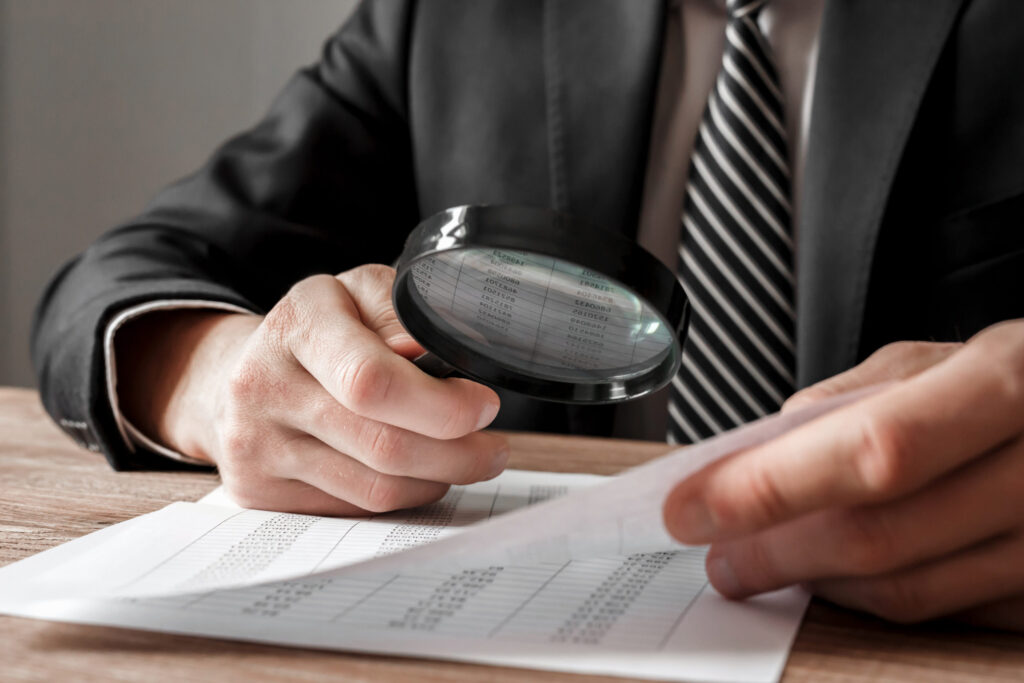Most mergers and acquisitions (M&As) involve real estate assets. Before M&A deals are finalized, buyers or partners must conduct real estate due diligence. Thanks to modern virtual data room software, M&A parties can safely share confidential documents and complete due diligence. Here’s an overview of what real estate due diligence involves in M&A deals!
What Is Real Estate Due Diligence?
Due diligence in real estate is the analysis, review, and investigation of real estate assets. The goal of real estate due diligence is to establish the true value of the property in question. Real estate property value is affected by various issues, including the general economy, owners, tenants, nearby businesses, traffic flow, and location.
Due diligence is a risk mitigation strategy that evaluates the physical, financial, and legal aspects.
Physical due diligence assesses the structural and environmental factors. Legal due diligence checks whether the seller has the right to transfer real estate assets. The process also informs the buyer about encumbrances on the title, including resumption proposals, restrictions and easements, and zoning.
Real estate due diligence seeks to establish transparency in evaluating the property’s real value to avoid future issues.
Why Complete Real Estate Due Diligence?

Source: carnahanevans.com
M&A deals conduct real estate due diligence for three main reasons. The first reason is to establish illiquidity. Real estate assets are among the most illiquid. Once you buy and sign the property acquisition contract, you’re committed to the asset for an extended period. The contract ties you in for several years, and you may not change the tenant, customer, or employee. The second reason for real estate due diligence is predicated on the cyclical nature of the asset.
Real estate assets are a great investment during good economic times. They can also spell massive losses when the economic cycles end. M&A partners also conduct real estate due diligence to make sure the asset is fit for purpose.
Structural and environmental assessments can identify major challenges and issues that affect the building’s suitability for purpose. The goal is to retain the asset’s value for the company.
How To Conduct Real Estate Due Diligence
Conducting real estate due diligence requires reliable virtual data room software that allows the secure sharing of confidential files. Most elite real estate investors only make a call once they’re armed with the full information. Realtors consider local construction trends, rental trends, large businesses, tax breaks for property, and other factors. The goal is to understand the street, neighborhood, and city.
Here’s an overview of the detailed analysis involved in M&A real estate due diligence:
1. Financial Due Diligence
Financial due diligence is a crucial aspect of any real estate transaction. It involves a detailed analysis of the property’s financial performance to determine its current and potential value. The process evaluates various financial aspects of the property, including rental income, vacancy rates, credit losses, and tax deductions.
It also reviews the property’s operating expenses, such as property management fees, insurance, and taxes.
Additionally, financial due diligence examines any rent variations and the breakdown of tenants, including their creditworthiness and leasing history. This process helps to identify any potential risks and opportunities for maximizing the property’s financial performance and provides essential information to support decision-making in real estate transactions.
2. Legal Due Diligence
Legal due diligence is a critical step in any real estate transaction. It involves a comprehensive review of the legal aspects of the property to identify any potential risks or liabilities. The process aims to ensure that the buyer is fully aware of the property’s legal status and can make an informed decision about the transaction.
In real estate legal due diligence, particular attention is paid to the property’s ownership history, legal obligations, and encumbrances. It also covers aspects such as zoning and environmental regulations, which can impact the property’s value and potential use.
Ultimately, legal due diligence helps to minimize the risk of any legal complications arising from the transaction.
3. Property/Land Due Diligence

Source: aionthefly.net
When considering a merger or acquisition that involves property or land, due diligence is critical. Property and land due diligence cover a wide range of assessments and evaluations that are necessary to ensure that the property or land is suitable for the intended use and free from any potential liabilities.
Architect and Engineer Inspections
These inspections assess the structural integrity and safety of the building, as well as its compliance with building codes and regulations.
Wastewater Inspections
These inspections evaluate the property’s wastewater management system, including any potential environmental impacts and compliance with relevant regulations.
Land Surveys
Land surveys determine the precise boundaries of the property and identify any encroachments or easements that may impact its use.
Building Repurposing Costs
These evaluations assess the costs associated with repurposing or renovating the building to meet the intended use.
Protected/Historical Importance
This aspect of due diligence examines whether the building is protected or of historical importance, which may impact its use and potential for renovation or demolition.
Environmental Rating
This assessment evaluates the property’s environmental rating, including any potential environmental risks and liabilities associated with the property.
4. Economic Due Diligence
Economic due diligence is an essential part of M&A transactions involving real estate assets. The process involves evaluating the economic environment surrounding the property and analyzing its potential for growth and profitability.
This includes assessing property price trends over the past few years and identifying the factors driving growth in the area. Economic due diligence also helps M&A buyers identify “safe bets” – properties that have a stable and consistent track record of profitability.
Additionally, it allows buyers to evaluate the potential for new construction and assess the potential risks and rewards associated with such investments. Overall, economic due diligence is critical in ensuring that M&A buyers make informed decisions and maximize the value of their investments.

Source: futuristarchitecture.com
Using Virtual Data Room Software
M&A deals involve confidential files with sensitive financial information that must be protected from the wrong hands. Using modern virtual data room software is the best way to conduct due diligence for such deals.
The data rooms offer secure portals where you can upload files and set access restrictions. Partners can view, download and share information seamlessly and remotely without worrying about unauthorized access. Contact a virtual data room provider to learn more.

















